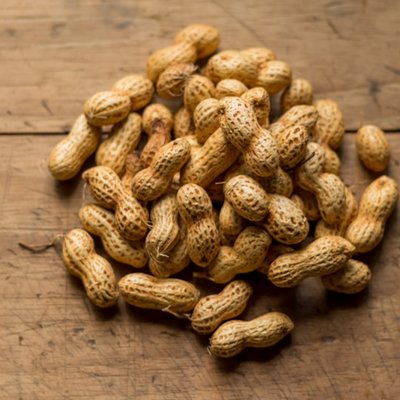- English to French
be
- Dictionary
be
An intransitive verb is one that does not require a direct object (e.g., éternuer.).
b. avoir (used with certain states or feelings)
It seems like my brother is always hungry.On dirait que mon frère a toujours faim.
b. avoir (used with certain states or feelings)
Soraya was cold all day because she didn't wear a sweater.Soraya a eu froid toute la journée parce qu'elle ne portait pas de pull.
b. se trouver
The bank is just past the gas station.La banque se trouve juste après la station-service.
a. avoir
I'm 18 years old, Mom. I can choose my own clothes.J'ai 18 ans, maman. Je peux choisir mes propres vêtements.
a. être
What does Silas do for a living? - He's a doctor.Que fait Silas dans la vie ? - Il est médecin.
12. (mathematics)
An auxiliary verb, or helper verb, is a conjugated verb that comes before a main verb and determines the main verb's tense, mood, or aspect (e.g., avoir, être).
a. être en train de (followed by an infinitive)
Lorenzo is cutting the grass.Lorenzo est en train de tondre la pelouse.
b. no direct translation
This refers to an idiomatic word or phrase for which there is no word-for-word translation.
Alina was watching TV when we arrived.Alina regardait la télé quand nous sommes arrivés.
I am reading a magazine.Je lis un magazine.
a. no direct translation
This refers to an idiomatic word or phrase for which there is no word-for-word translation.
We are having dinner with the neighbors Friday night.Nous dînons avec les voisins vendredi soir.
When are you going to the dentist?Quand iras-tu chez le dentiste ?
a. devoir
You are to meet with the ambassador in the morning and tour the city after lunch.Vous devez rencontrer l'ambassadeur dans la matinée et visiter la ville après le déjeuner.
a. no direct translation
This refers to an idiomatic word or phrase for which there is no word-for-word translation.
It's a lovely day, isn't it?C'est une belle journée, non ?
Those exams are difficult, aren't they?Ces examens sont difficiles, n'est-ce pas ?
Conjugations
Indicative of "be"
Collins English Verb Conjugation Tables © HarperCollins Publishers 2023
Examples
Random Word
Roll the dice and learn a new word now!




















